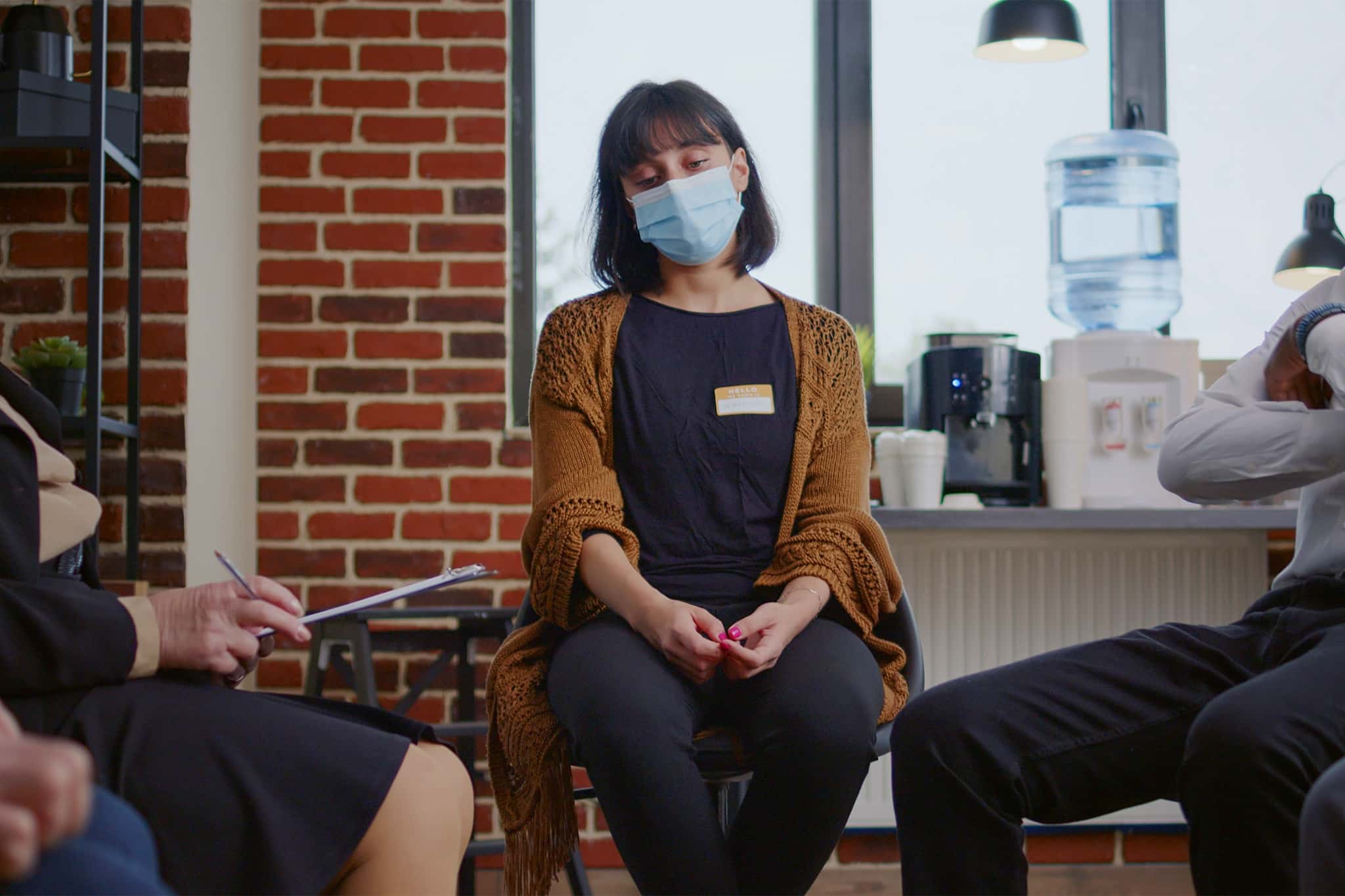Schizophrenia treatment has often focused on medication, therapy, and community support. Increasingly, however, specialists are asking, “What role does diet play in treatment?” Recently, gluten sensitivity has entered the conversation on psychosis and schizophrenia. The connection between our gut and our brain is clear, and what we eat influences how we feel and think.
In this blog, we will look at whether gluten exacerbates symptoms of schizophrenia, and how schizophrenia psychiatrists have responded to this issue.
Can Gluten Sensitivity Really Influence Schizophrenia Treatment
Gluten sensitivity is gaining attention in schizophrenia treatment as researchers explore how dietary changes may impact symptoms. Schizophrenia psychiatrists do often consider nutrition in conjunction with therapy.
Gluten (the protein in wheat, rye and barley) causes inflammation in specific individuals, and while gluten is not the driving cause of schizophrenia, gluten can exacerbate symptoms in some individuals, as research shows that those with schizophrenia have considerable rates of gluten sensitivity.
Even though there is still much more research to be done, the connection is strong enough that many doctors treating schizophrenia increasingly consider diet as part of their treatments.
How a Schizophrenia Psychiatrist Connects Diet and Mental Health
A schizophrenia psychiatrist may evaluate dietary factors that influence brain health while creating a comprehensive treatment plan. This includes addressing gluten sensitivity when necessary.
Tools psychiatrists may use
- Food journals to track meals and symptom changes.
- Allergy and blood tests for gluten antibodies.
- Dietary trials where gluten is reduced or eliminated.
Why these matters
Patients often discover that removing gluten lessens irritability, sleep disruption, or brain fog. Diet alone is not a cure, but it supports stability when combined with medication management and therapy. Mental health San Antonio programs increasingly adopt this holistic approach.
Why Schizophrenia Specialists Are Paying Attention to Inflammation and Gut Health
A schizophrenia specialist often investigates inflammation and gut health, recognizing that dietary triggers like gluten may affect both mood and psychosis-related symptoms. Research into the gut-brain axis has established that processes occurring within the digestive system can directly affect mental health.
When gluten causes inflammation, it may increase anxiety and either create or exacerbate mood swings or psychotic episodes. Other physical symptoms that accompany gluten-induced inflammation are fatigue, irritability, and brain fog.
Schizoaffective disorder specialists consider these factors as well, since diet also impacts the patient’s mood and psychosis. Treating schizophrenia today often includes looking at the patient’s physical health alongside behavioral health.
What Psychiatrists Specializing in Schizophrenia Want Patients to Know About Diet
A psychiatrist specializing in schizophrenia may recommend dietary modifications, such as reducing gluten, when symptoms suggest a connection to gut inflammation. It is important to denote, however, any alterations to diet should not be seen as a cure. Rather, it forms part of a broader, holistic care plan.
For instance, antipsychotic drug therapy will remain an integral component for people coping with schizophrenia. Likewise, a mood stabilizing prescription may also be issued for patients coping with schizoaffective disorder.
When brain fog and irritability are prevalent symptoms, the diet modification to gluten reduction may provide an additional benefit. The best psychiatrist for schizophrenia will look at diet as one of many tools available to further ensure the best care possible.
How Schizophrenia Doctors Blend Traditional Care with Lifestyle Changes
Schizophrenia doctors frequently combine traditional treatment with lifestyle interventions like nutrition, exercise, and stress management to support long-term recovery. They focus on creating balance. Medication management reduces severe symptoms, while lifestyle choices improve daily function.
A holistic care team may include
- Psychiatrists prescribe and monitor medications.
- Therapists for counseling and coping strategies.
- Social workers for community support and resources.
- Nutritionists to guide dietary adjustments.
Working together, they address the mind, body, and environment. Many San Antonio mental health services now promote this approach to strengthen patient outcomes.
Finding the Best Psychiatrist for Schizophrenia and Schizoaffective Disorder
When searching for the best psychiatrist for schizophrenia, patients should look for someone who understands the role of diet, lifestyle, and co-occurring conditions like schizoaffective disorder.
What to look for in a specialist
- Experience treating schizophrenia and schizoaffective disorder.
- Willingness to consider lifestyle factors such as diet.
- Clear guidance on diagnosing schizoaffective disorder and managing symptoms.
A schizoaffective disorder specialist is especially helpful when mood stabilizing medication is needed in addition to antipsychotic treatment.
Where to Find San Antonio Mental Health Services That Address Diet and Schizophrenia
Many patients explore San Antonio mental health services to find support for schizophrenia that includes both psychiatric care and dietary considerations. Mental health San Antonio programs often combine therapy, medical care, and lifestyle support.
How a psychiatrist in San Antonio may help
- Provide diagnosis of schizophrenia or schizoaffective disorder.
- Offer medication management while monitoring diet.
- Connect patients with behavioral health and community programs.
Local providers ensure patients have ongoing support, which strengthens recovery and promotes long-term stability.
Conclusion
Gluten sensitivity may not be the cause of schizophrenia, but it could make symptoms worse for some patients. Schizophrenia treatment works best when doctors take the whole person into account. This means combining medication, therapy, and sometimes dietary changes.
If you are searching for the best psychiatrist for schizophrenia or a psychiatrist in San Antonio, look for a provider who understands both medical and lifestyle factors. Schizophrenia specialists and schizoaffective disorder specialists are leading the way in offering comprehensive care.
MindVibe helps connect patients with the right care team and the right strategies. From supporting schizophrenia psychiatrists to offering insights into holistic care, MindVibe makes a difference by focusing on the person, not just the disorder.
If you’d like to dive deeper into patient perspectives, read our story on myths that delayed my diagnosis and why new schizophrenia treatment gave me hope.







